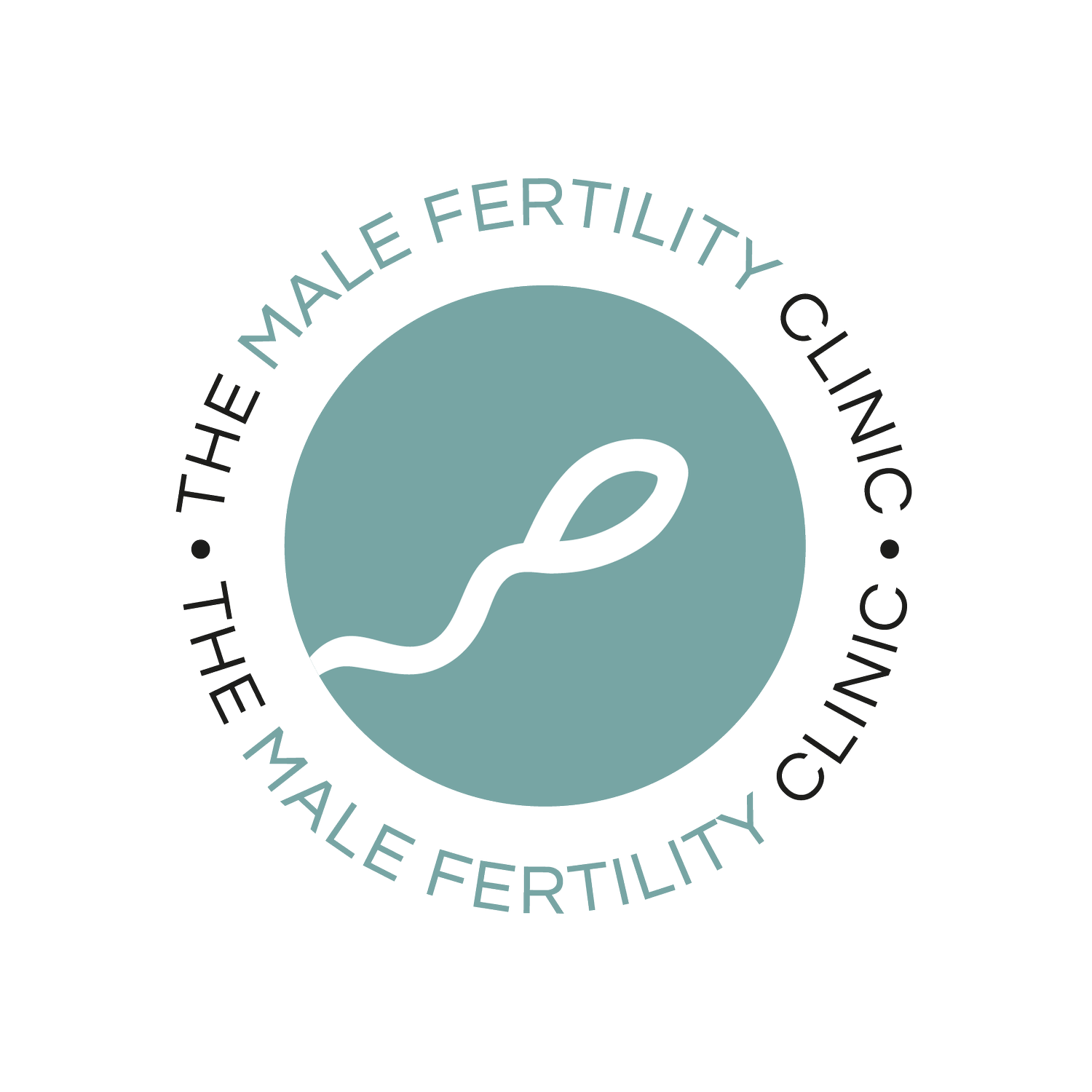Does My Diet Affect My Sperm?
As you’re likely aware, the average male sperm count in the UK has been in a state of steady decline for many years and doctors have yet to reach a consensus as to why. With such a sustained drop in sperm count levels across all areas of society, it is probably down to a combination of factors.
What can be said with some certainty is that a man’s diet, combined with a more sedentary lifestyle, can have a noticeable impact on the quality of their sperm. In this article, we look at several ways this impact manifests itself as well as some simple steps you can take to improve matters.
Obesity
Body Mass Index (BMI) is a method of measuring body fat based on your height and weight. If your BMI is 30.0 or greater, you are classed as obese. Quite aside from the other health problems obesity can cause, it has been proven to reduce sperm counts in men. This is due to poorer circulation, combined with lower levels of testosterone and higher levels of estrogen.
If you are obese and are having problems conceiving a child, one of the best things you can do is try to lose weight and engage in a more active lifestyle. Regular exercise and healthy eating can both have a positive affect on your sperm levels.
Foods to avoid
Even if you’re at a healthy weight, certain food and drink choices can affect the quality of your sperm. These include:
Processed meats: while they may be delicious, overly-processed meats such as bacon, hot dogs, and salami – have been shown to lower both sperm count and sperm motility. Similar studies with chicken and other lean meat proteins showed no such connection.
Trans fats: most studies into the effects of trans fats focus on the increased risk of heart disease. However, a Spanish study from 2011 also demonstrated a link between trans fat intake and low sperm count.
Soy products: food and drink made from soy contain phytoestrogens found in the soy plant. These compounds are similar to the estrogen that occurs in mammals and can have a similar impact if consumed in excess, including reducing sperm concentration.
High fat dairy products: diary products with a high fat content, such as whole milk, full cream, and various fatty cheeses, have been associated with abnormal sperm shape and lower sperm motility. It is suspected that this could be due to steroids given to dairy cows to promote lactation.
Foods to include
A healthy diet is as much about what you include as what you cut out, and there are certain things you can eat that will help improve your sperm quality and quantity. These include:
Fish: oily fish is not only healthy alternative to processed meats or red meat, they are also a great source of protein and omega-3 fatty acids both of which are conducive to good sperm quality.
Fruits and veggies: fresh fruits and vegetables can improve sperm motility and increase sperm concentration, thanks to their various anti-oxidants such as vitamin C, co-enzyme Q10, and lycopene. This is particularly true of beans, peas, and other legumes, as well as green, leafy vegetables.
If you’re ready to book a sperm test in London, you can check online for the latest availability and book your appointment today.

